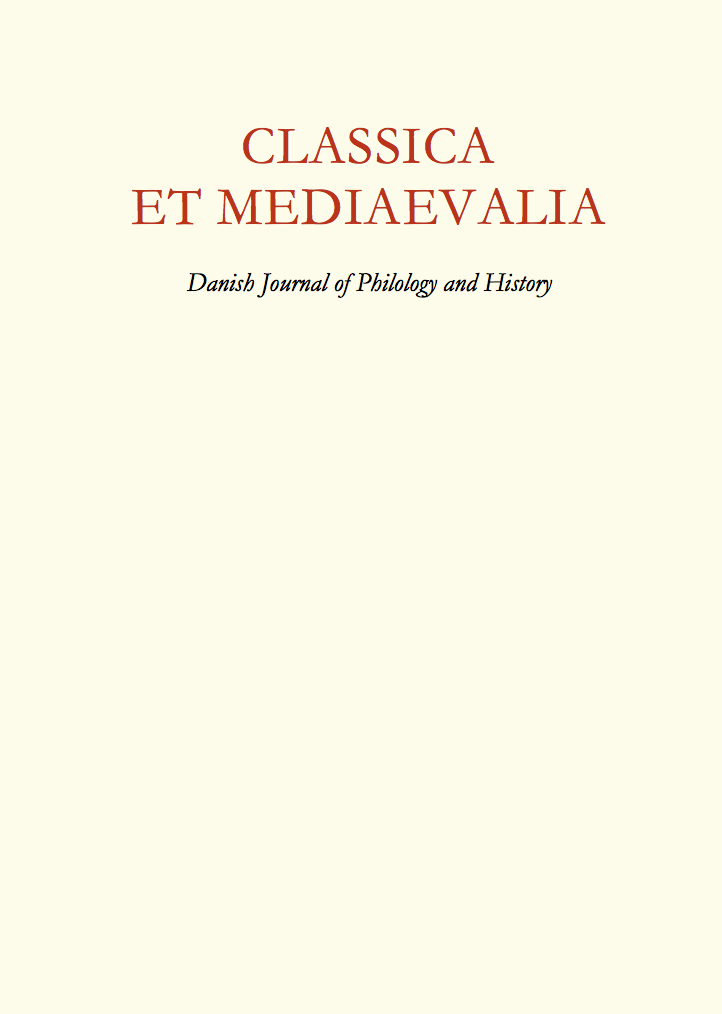Communities of Romans and Italians abroad: Reflections on their elusive nature and organization
Abstract
This paper focuses on groups of Romans and Italians attested outside Italy, in all parts of the Roman oecumene, from the Iberian Peninsula and Britain to Asia Minor and the eastern frontier in Syria as well as from the Rhine and Danube to northern Africa. Groups of Romans and Italians are attested at different times in various places, in towns of varying legal status, of various size and importance, even in villages or settlements next to camps of legions. The duration of their presence and the terms adopted for their (self-) definition also display a certain variety. Out of an abundant source material and numerous local particularities that require a closer examination, I will attempt to focus on those data that could elucidate the nature, the legal status, and the organization of these groups. Taking all this into account, I will reassess the possibility to classify groups of Romans and Italians abroad as private associations, as they are often mentioned in the related bibliography, the term used either consciously or just with the intention to show that these groups were clearly visible and identifiable in the host-societies.
Downloads
Published
How to Cite
Issue
Section
License

This work is licensed under a Creative Commons Attribution 3.0 Unported License.
Authors who publish with this journal agree to the following terms:
- Authors retain copyright and grant the journal right of first publication with the work simultaneously licensed under a Creative Commons Attribution License that allows others to share the work with an acknowledgement of the work's authorship and initial publication in this journal.
- Authors are able to enter into separate, additional contractual arrangements for the non-exclusive distribution of the journal's published version of the work (e.g., post it to an institutional repository or publish it in a book), with an acknowledgement of its initial publication in this journal.
- Authors are permitted and encouraged to post their work online (e.g., in institutional repositories or on their website) prior to and during the submission process, as it can lead to productive exchanges, as well as earlier and greater citation of published work (see The Effect of Open Access).





